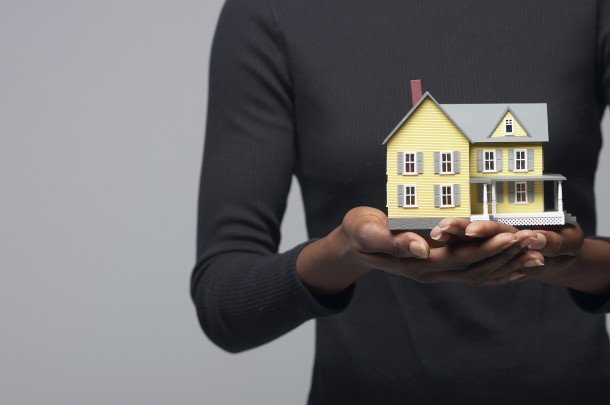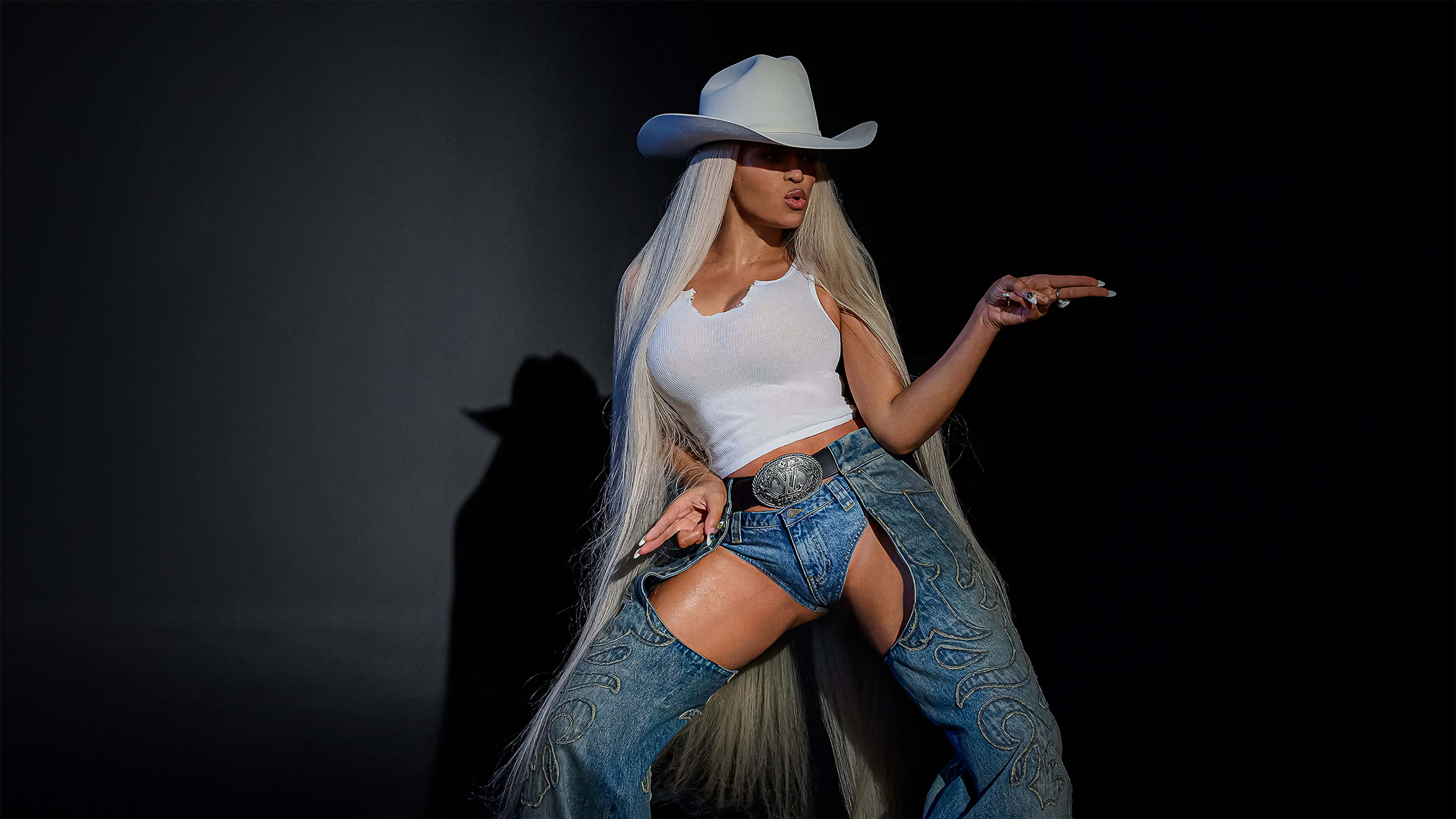By Namon Freeman
- Black-owned homes are devalued by approximately $156B
- Solving the racial wealth gap could add up to $1.5T to the U.S. economy
The racial wealth gap and the case for reparations seem to be on the tip of everyone’s tongues recently. These calls continue to be countered by the usual ‘what-about us-ism’ responses, like the response to the appropriation for Black farmers in the American Rescue Plan. As the U.S. recovers from the pandemic the economy could use a jolt and housing could be the plug, even though Black-owned homes are devalued by approximately $156 billion. The average Black family has less than one-tenth the wealth of the average white family, but closing this gap could add $1-$1.5 trillion to the U.S. economy and ultimately benefit everyone.
Why This Matters: The average American holds most of their wealth in their home thanks to 20th century policies and practices that subsidized and protected the purchases, for white households. Contrarily, Black Americans have received the short end of the stick, being subjected to red-lining, discriminatory practices, terrorism, and predatory lending, resulting in extreme wealth extraction. Providing stable housing for Black families could be a launching point. Rent arrears have reached almost $70 millions for renters, a disproportionate number of them Black, face looming evictions as moratoria come to an end.
Homeownership has long been touted as a primary means of bridging the wealth gap for Black families, but can it be if the system continues to be built on the exploitation of Black communities? With every 1% increase in the proportion of the Black population for a particular zip code, there is an estimated decrease in home values of $2,581. Despite home prices booming in Black neighborhoods during the pandemic those values have yet to return to their pre-recession peak. Further, twice as many homeowners are underwater (have negative equity) in majority Black neighborhoods compared to white neighborhoods.
What’s Next: Major shout out to scholars like Andre Perry of the Brookings Institute who continue to shine a light on economic inequality e.g., disparities in home appraisals. Historically Black people have had to look for housing opportunities outside of their communities to de-risk their investments, trading political capital for home equity. It will be interesting to see how policy makers plan to lift Black wealth from the ‘trap house’ to Black Wall Street during this Administration. There’s no doubt housing will be central to that effort.
CBx Vibe: “Trap House” Gucci Mane”









